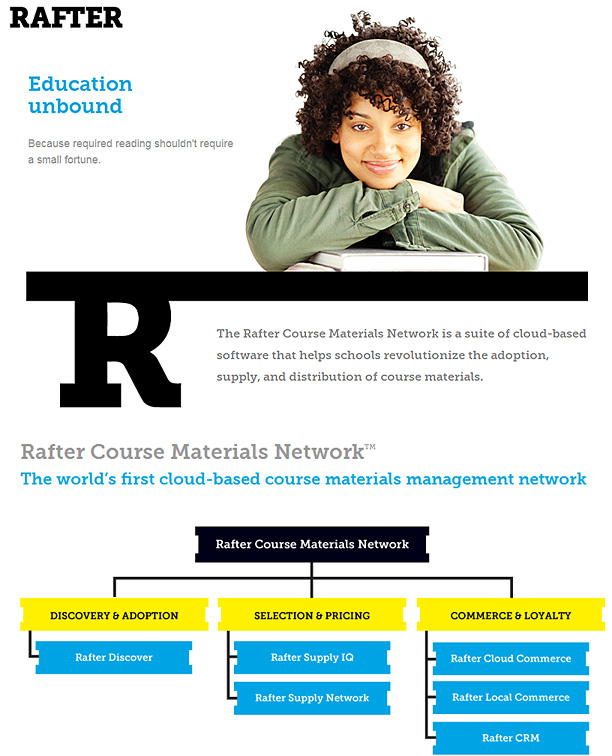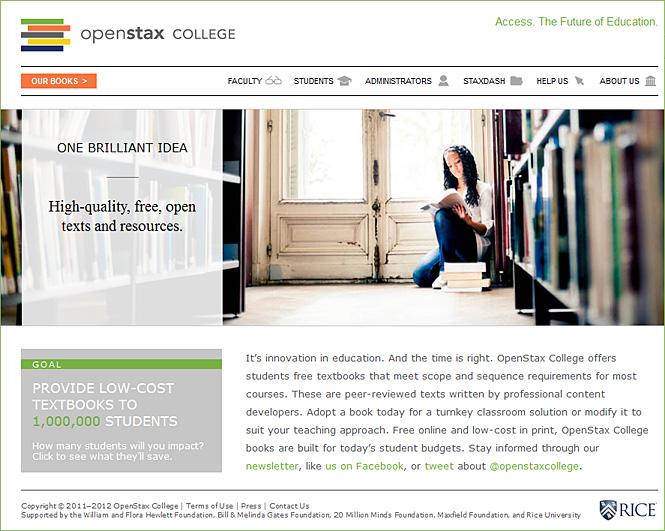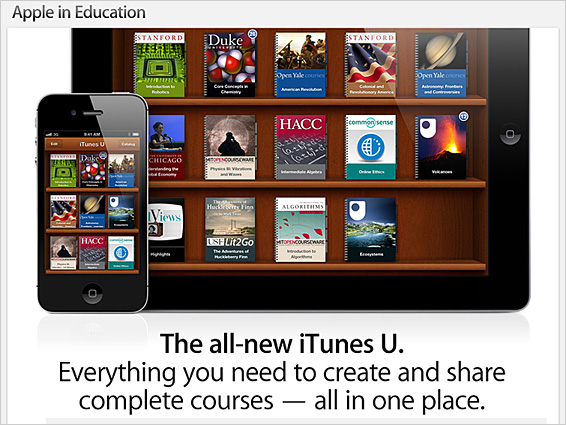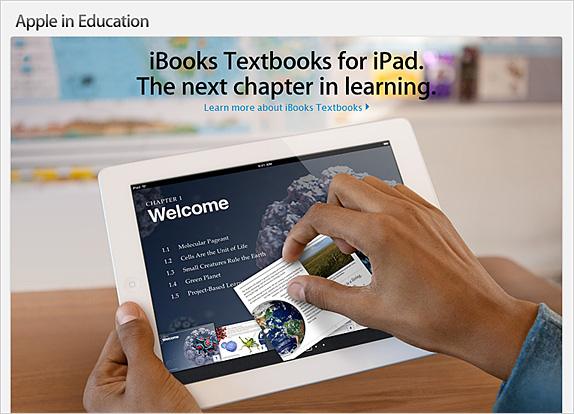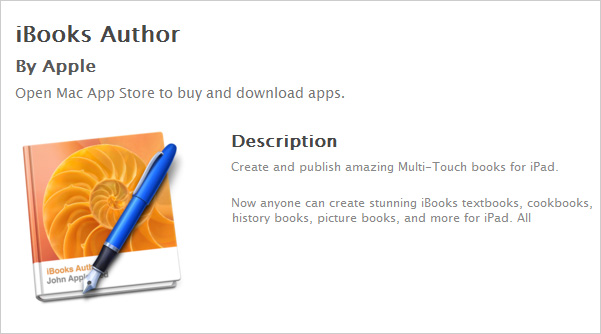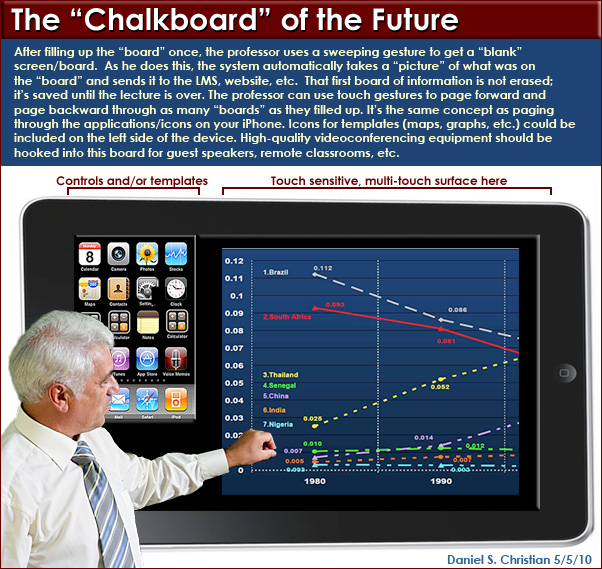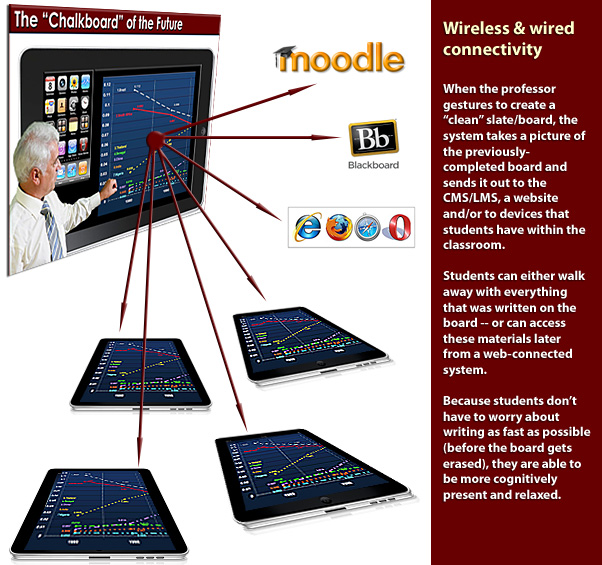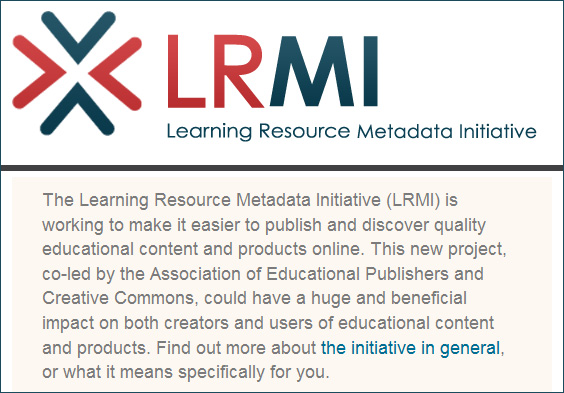Rafter™ launches to revolutionize the entire course materials process for students, educators, and administrators, making education more affordable, accessible and effective — from Rafter
Rafter Delivers First-of-its-Kind Technology to Manage Textbooks and Digital Content On Campus and Online
Excerpt:
SAN MATEO, CA–(Marketwire – Feb 28, 2012) – Rafter today launched as a new education technology company offering a network of software services that enable administrators and educators to better control costs and manage course materials for their students. Addressing higher education course materials management at an enterprise level, the Rafter Course Materials Network™ is the first suite of cloud-based software services that helps reduce costs for students and stores, helps educators discover and adopt the best materials, and provides college administrators with unprecedented power to control the complexities and reduce the costs of the entire course materials management process.
Rafter evolved out of one of the fastest growing education technology companies, textbook rental company BookRenter, which has saved millions of students more than $175 million across more than 5,000 campuses nationwide. In 2010, the company began to partner directly with schools to co-develop services to reduce the cost of and improve the experience associated with textbooks. Today, more than 500 schools have adopted BookRenter’s solution.
.
See also:.
.
.
Also see:
- College Costs: A Student’s Perspective — from edcetera.rafter.com by John Paris









